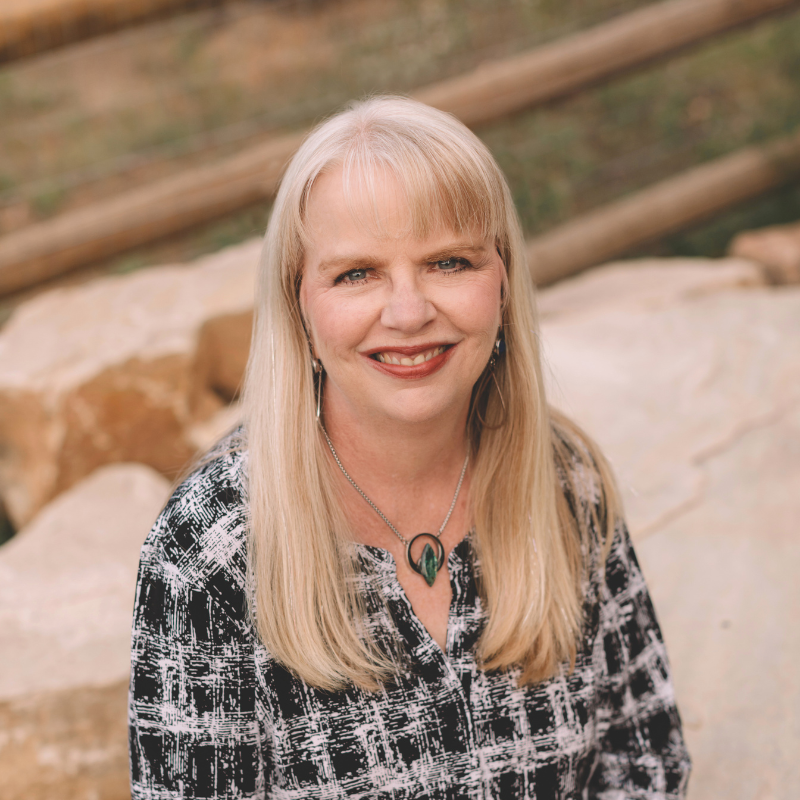The #1 Tip For Saving Money? Pay Yourself First!
What Paying Yourself Means, and How To Achieve It
Most budgets are built around our expenses, but what if there was a way to turn that upside down? Paying yourself first is a strategy that allows you to build around your savings goals, instead of your monthly expenses. So how exactly does this reverse budgeting work?
According to Investopedia, “Pay yourself first” is an investor mentality and phrase popular in personal finance and retirement-planning literature that means automatically routing a specified savings contribution from each paycheck at the time it is received. Because the savings contributions are automatically routed from each paycheck to your savings or investment account, you are paying yourself first.
So how do we begin to do this exactly?
- Assess Your Spending – take a look at your bank statements, do the math, and get a true understanding of what you are spending your money on.
- Identify Your Savings Goals – think both short-term and long-term. Retirement and emergency funds should take priority, followed by personal or family goals.
- Make Adjustments – make a spending and savings plan that works for you. If you find yourself coming up short each month, adjustments may be required. Try focusing on one financial goal at a time.
- CYA – 60% of American’s can’t cover a $1000 emergency without using credit. Put 10% of each check a specific savings account called an Emergency Fund. Until you have around $1,000 to $3,000, or the amount you deem necessary before attacking your debt. This is like insurance against needing to use the credit card.
- Add To Your Retirement Plan – if you have a retirement plan at work, use it. Put in what they will match, but no more if you have debt other than a mortgage.
- Create A Plan – for your spending with clear boundaries. Keep spending money on “wants” down to a minimum while you attack high-interest debt.
- Plan For Expenses – I recommend building a little savings allocation called “sinking funds” where you save for irregular large expenses (think holidays, cars, travel.) That way you spend the money you saved, instead of putting it on a credit card and paying for it later.
- Pay Highest Interest debt – Pay off all the credit cards and car or student loans first because that is a better “fixed return” than anything you can get in the market or your savings account. Get some small wins by paying off the smallest balance first, but it also makes a difference to notice which ones have higher interest and you may want to attack in that order. Do this as fast as possible!
- Then Build Up Your Emergency Fund – once your debt is gone, add to your fund. Try for 3-12 months of your mandatory living expenses. Again, this is insurance against an emergency (anyone knows someone who experienced a crisis in 2020? COVID 19??)
- Now Get Serious – about beefing up your long term investing and wealth building. Find an advisor who can help guide you along the way and understand the best way to plan for the future and the tax implications of your investments.
Paying yourself first can allow you to build up a nice little cushion, and is relatively low maintenance. It can help you to look at the big picture, and minimize impulse buys, allowing for a nice savings The downside of paying yourself first is that sometimes realistically, you have bigger fish to fry. If you have a high-interest loan or credit card that needs to be paid off, those things should take priority over saving for other things. If you want to work together to create an action plan for your money, then schedule a discovery call with me today!
I am super excited about Qube Money which will not only help you set boundaries around your spending categories, but it will soon have savings categories for the “sinking funds” as well! I have been one of the very first beta testers and it’s going to be AWESOME.
I can’t recommend them enough for those trying to be WISE with their money. I am one of their affiliates so if you’d like to get in now and pay ONE TIME for a LIFETIME membership you can click here.
Use promo code PENNY25 to save 25% off of the lifetime membership. Otherwise, in the future, it will be $8-$15 / month to use it. They offer a 100% money-back guarantee if you don’t like it. They are starting to make it available to those who have purchased the Lifetime membership now.

